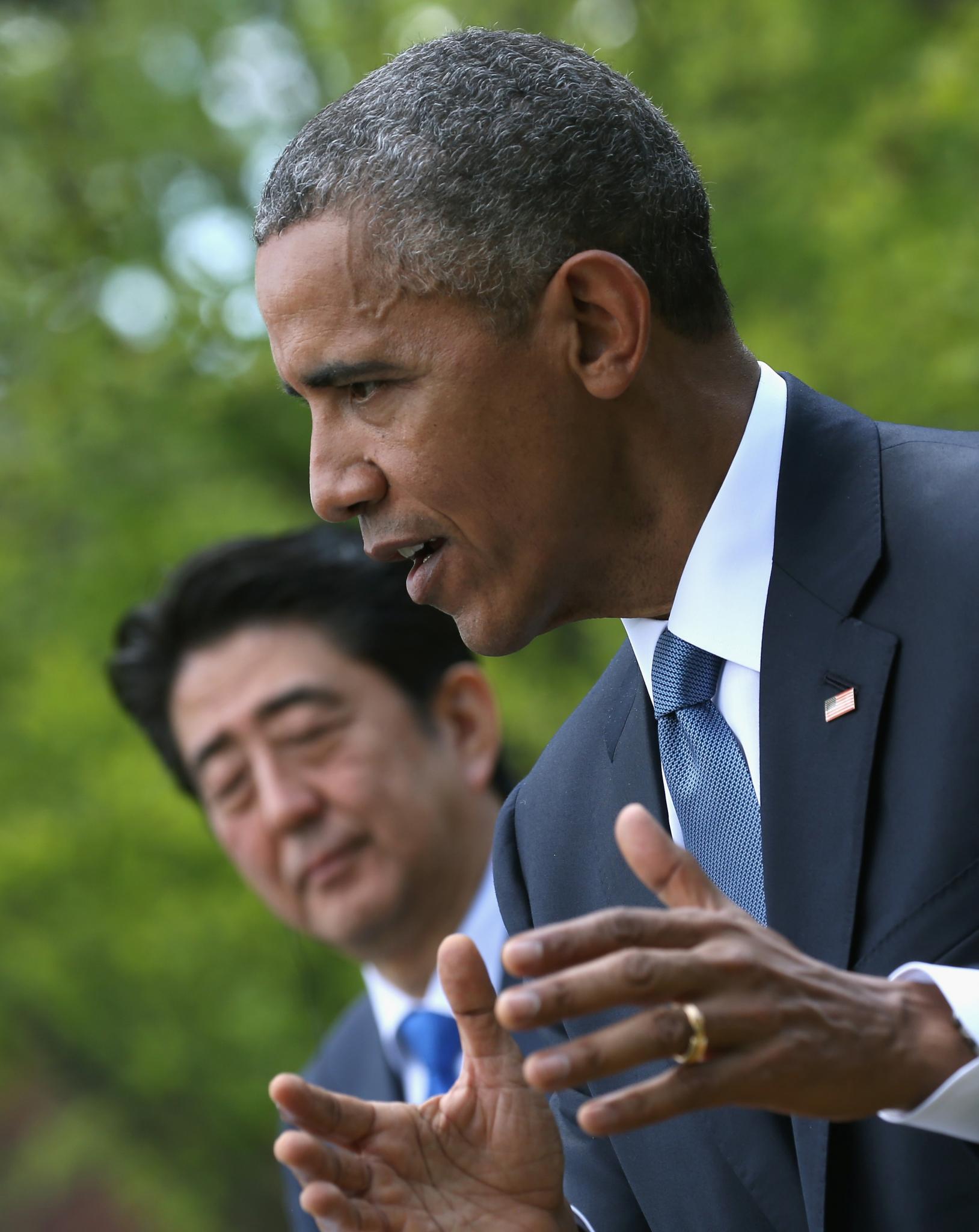
Less than 12 hours after overnight riots left the city of Baltimore in turmoil, President Obama spoke out, condemning the rioters and looters and saying that their “senseless” destruction was counterproductive.
President Obama, juxtaposing their violent demonstration with the peaceful movements of recent days, said that last night’s crowd was not making a statement; they were simply guilty of stealing and robbing their neighborhoods of opportunities.
He then urged all communities to look at the larger problems plaguing America as a whole. “We can’t just leave this to the police,” President Obama said. “I think there are police departments that have to do some soul-searching. I think there are some communities that need to do some soul-searching. But I think we as a country have to do some soul-searching. This is not new. This has been going on for decades.”
The crisis extends beyond police brutality and mistrust between communities and their law enforcement agencies, he continued. It is up to Americans as a whole to fix the broken economic, political and social systems that have overridden inner-city neighborhoods.
“In those environments, if we think we’re just going to send the police to do the dirty work of containing the problems that arise there without—as a nation and a society—saying, ‘What can we do to change those communities, to help lift up those communities and give kids opportunity?’ then we’re not going to solve this problem,” he said. “We’ll go through the same cycles and periodic complex between the police and communities and the occasional riots in the streets, and everybody will feign concern until it goes away, then we go about our business as usual.”
He briefly mentioned that his newly formed task force, which he established in December, has proposed an outline of concrete steps that law enforcement agencies could take in order to restore trust between themselves and their communities, including federal grants that would equip police departments with body cameras. But, he said, true change won’t occur until we consciously make the decision to do something.
“If we really wanted to solve the problem, we could,” he said. “It’s just that it would require everybody saying, ‘This is important. This is significant.’ [It means that] we don’t just pay attention to these communities when a CVS burns. We don’t just pay attention when a young man gets shot or has his spine snapped. We’re paying attention all the time because we consider those kids our kids, and we think they’re important and they shouldn’t be living in poverty and violence.”
